The return of Donald Trump to the White House brings questions about the trajectory of U.S.-China relations back into sharp focus. During his first presidency (2017–2021), Trump’s approach to China was marked by an unprecedented blend of economic confrontation, geopolitical competition
The return of Donald Trump to the White House brings questions about the trajectory of U.S.-China relations back into sharp focus. During his first presidency (2017–2021), Trump’s approach to China was marked by an unprecedented blend of economic confrontation, geopolitical competition, and rhetorical hostility. Central to his strategy was the deployment of anti-China narratives, often laced with misinformation, which not only shaped domestic perceptions of China but also influenced global geopolitics. As Trump has secured a second term, it is likely this trend will not only persist but escalate, given his proven reliance on this rhetoric as a cornerstone of his policy.
Trump's previous presidency saw a significant shift in the U.S.’s stance toward China, labeling it a strategic adversary. The trade war, initiated through sweeping tariffs, aimed to reduce America's trade deficit with China but was accompanied by oversimplified claims that often ignored economic nuances. Beyond trade, Trump targeted China’s tech giants, such as Huawei and TikTok, portraying them as existential threats to U.S. national security, despite mixed evidence.
Perhaps most notably, Trump consistently referred to COVID-19 as the "China virus" or "kung flu," using inflammatory language that blurred public health concerns with outright xenophobia. This rhetoric fed into broader narratives about China's alleged malevolence, fostering domestic fears and increasing anti-Asian sentiment across the United States.
Anti-China misinformation during Trump’s first presidency went beyond political discourse—it became a tool to galvanize his voter base. Trump’s administration painted China as responsible for various U.S. woes, from job outsourcing and intellectual property theft to public health crises. While some concerns had merit, the messaging often lacked nuance and leaned heavily on conspiracy theories, such as unfounded allegations that China deliberately unleashed the COVID-19 virus.
This weaponization of misinformation created a feedback loop. As Trump leaned into anti-China narratives, right-wing media and political allies amplified these messages, creating an environment where such claims were accepted without scrutiny. The second Trump term would likely see this cycle intensify, given its effectiveness in rallying political support.
The global landscape has shifted since Trump left office in 2021. China's economic and military influence has grown, and its assertiveness in areas like the South China Sea and Taiwan Strait has alarmed Washington. Meanwhile, bipartisan consensus in the U.S. has solidified around the idea of countering China’s rise. Even under President Biden, many Trump-era policies, such as tariffs and technology restrictions, remained in place, signaling continuity in strategic competition.
A second Trump administration would likely exploit these dynamics, amplifying China-related fears to justify aggressive policies. For instance, Trump could expand trade wars, intensify decoupling efforts, or impose harsher sanctions on Chinese entities. This would be accompanied by more incendiary rhetoric, reinforcing China’s image as a villain in American political discourse.
The domestic impact of Trump’s anti-China misinformation cannot be overstated. During his first term, the rise in anti-China rhetoric correlated with a spike in hate crimes against Asian-Americans. A renewed emphasis on such narratives could exacerbate this troubling trend, deepening divisions within American society.
Internationally, this rhetoric risks alienating U.S. allies and undermining multilateral efforts to address shared challenges, such as climate change and global health security. While many nations share concerns about China's actions, they may view Trump's approach as overly aggressive or unilateral, complicating efforts to build a cohesive coalition to counterbalance Beijing.
Moreover, misinformation risks overshadowing legitimate critiques of China’s policies, such as its human rights abuses in Xinjiang, crackdowns on democracy in Hong Kong, and surveillance practices. By conflating valid concerns with hyperbole, the new Trump administration could erode the credibility of U.S. criticisms and make it harder to hold China accountable on the global stage.
With Donald Trump’s return to the presidency, his administration is likely to double down on anti-China narratives, using them as a means to unify his base and justify policy decisions. While this strategy may yield short-term political gains, it poses significant risks to both domestic cohesion and international stability.
Addressing the complex challenges posed by China requires a nuanced and evidence-based approach—one that distinguishes legitimate security and economic concerns from partisan rhetoric. Without such an approach, the U.S. risks deepening divisions at home and alienating allies abroad, all while fueling a narrative that may ultimately undermine its standing in the global community. A second Trump term offers little indication of a departure from this trajectory, suggesting that anti-China misinformation will remain a defining feature of his foreign policy playbook.
Read next
22:30
Republicans are hailing President Donald Trump’s newly passed tax legislation as a historic cut—but buried within it is a federal fee hike for electric and hybrid vehicles that critics say punishes clean energy consumers and risks stalling EV progress.
18:43
Explainer
The Trump administration has frozen funding and revoked visa rights at Harvard, sparking legal battles and debate over academic freedom, international students, and the future of U.S. universities.
15:54
world news
Donald Trump is reportedly considering lifting all Biden-era limits on Ukraine’s military operations, including strikes inside Russia, as Western officials signal growing support for Kyiv following intensified Russian attacks.
11:01
A Memorial Day gathering at Philadelphia’s Fairmount Park turned tragic as gunfire erupted, leaving two dead and nine injured, authorities said.
10:32
U.S. President Donald Trump voices frustration over renewed attacks in Ukraine and slow peace talks.


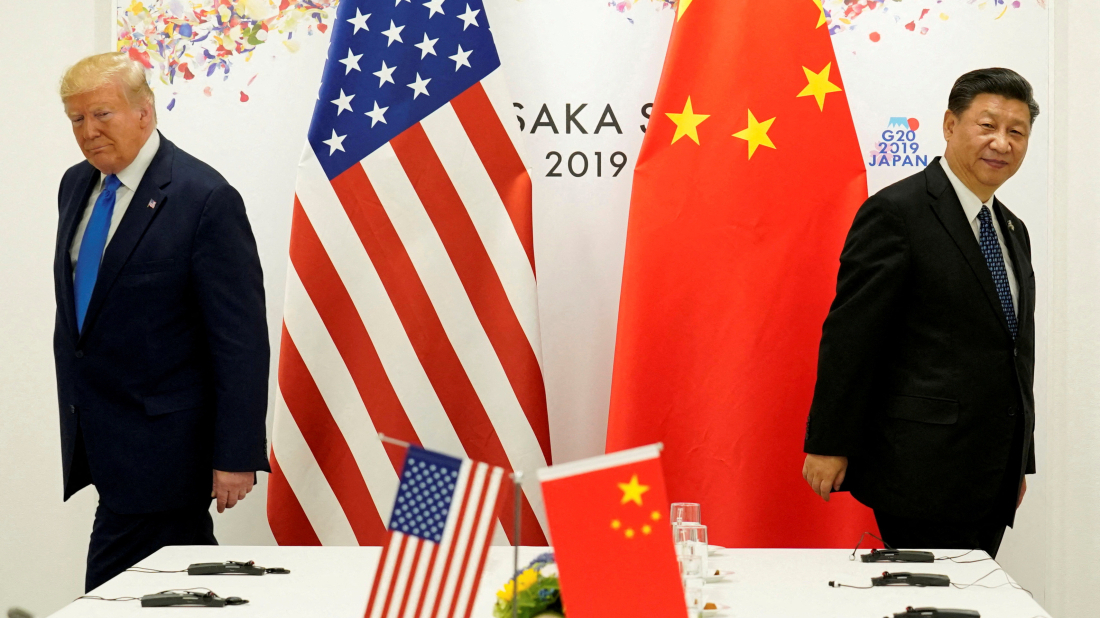
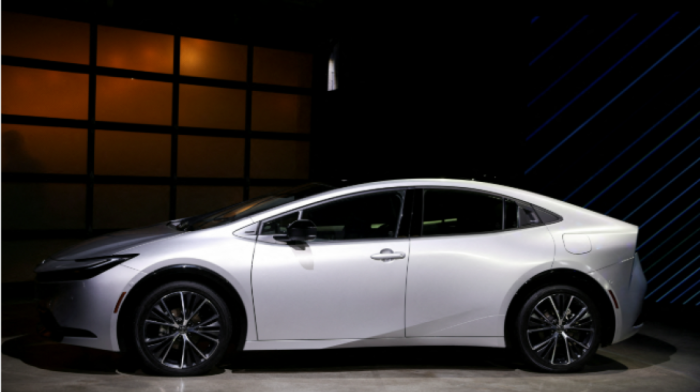
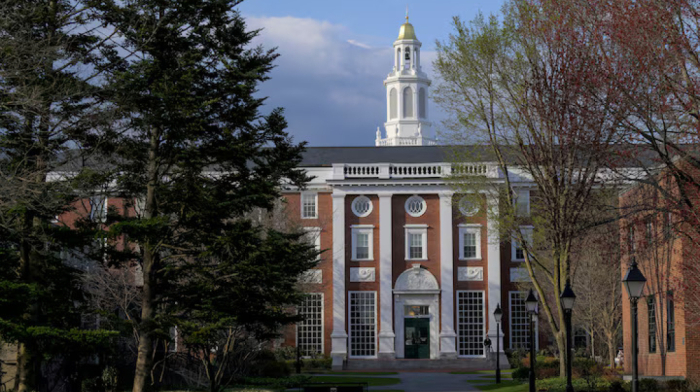
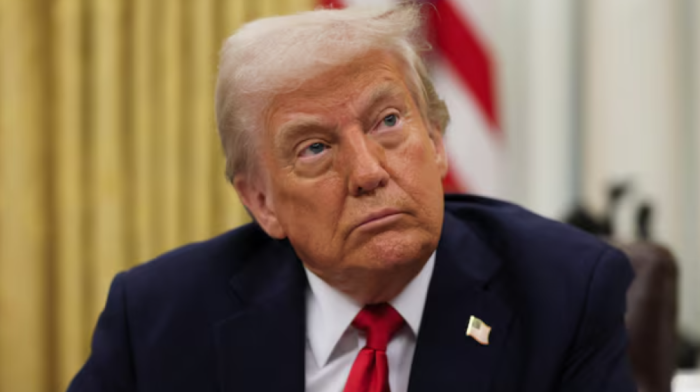
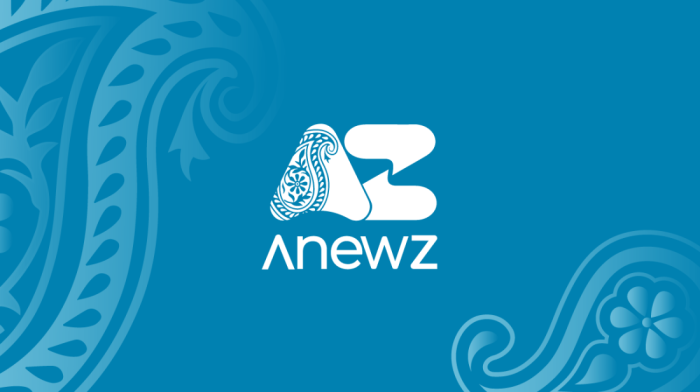
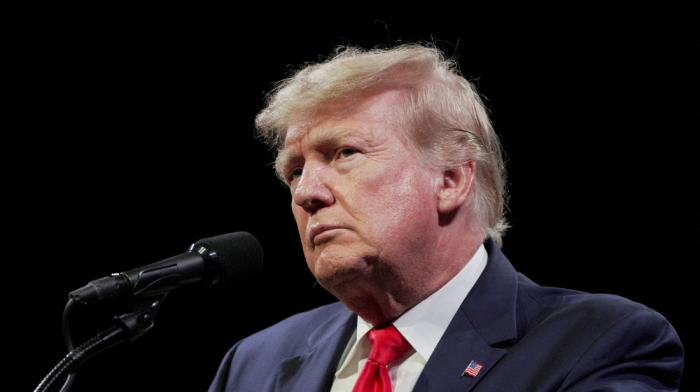
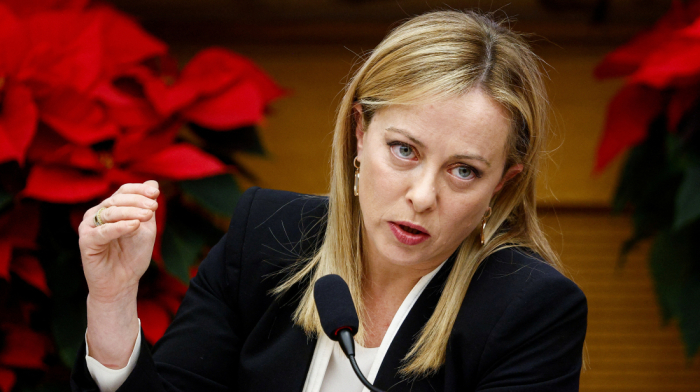


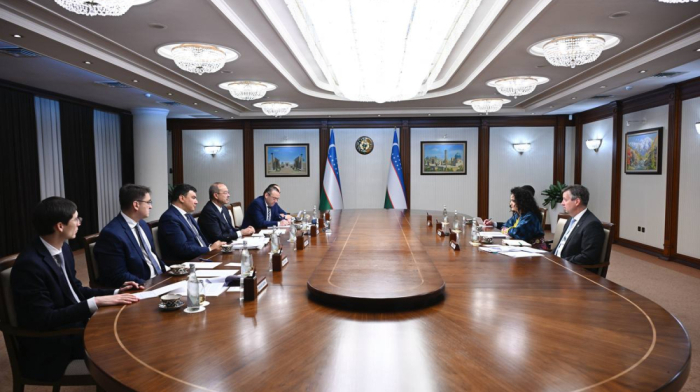
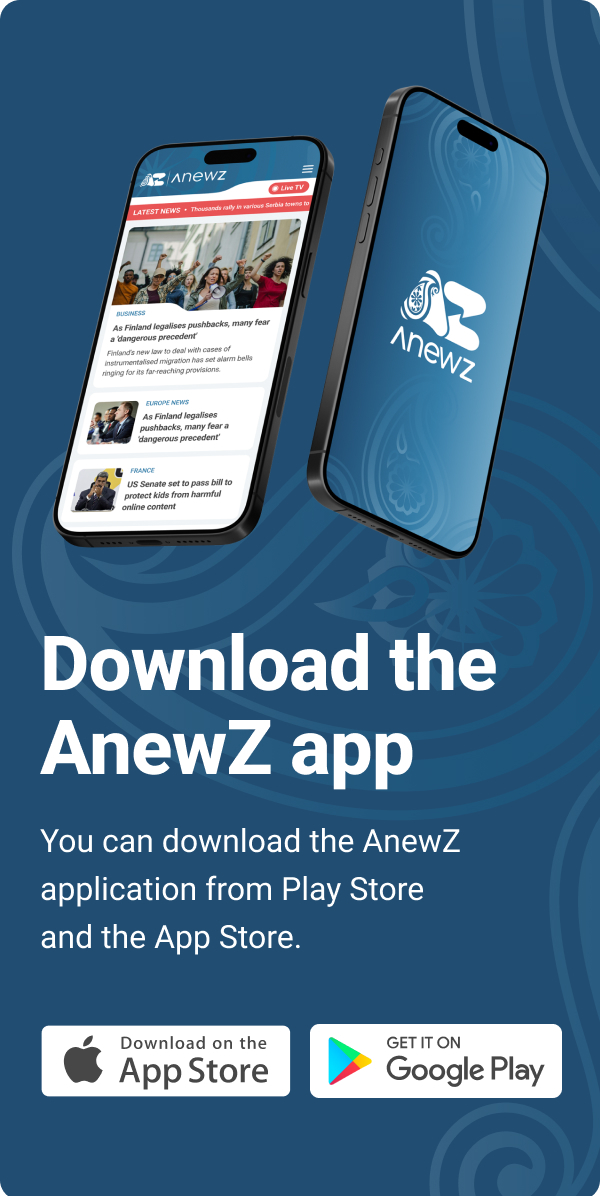

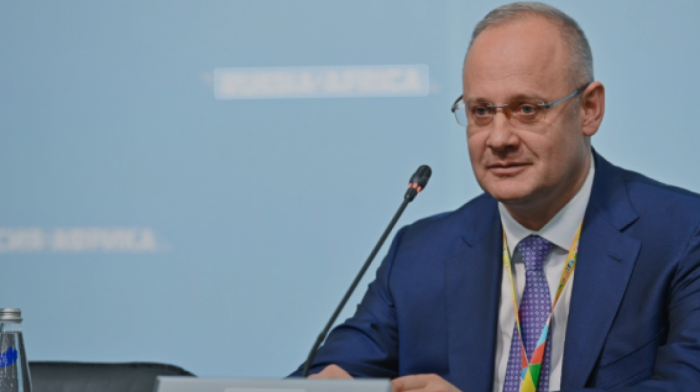



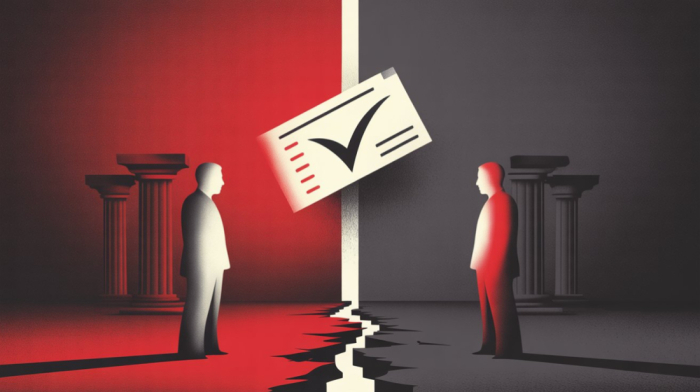
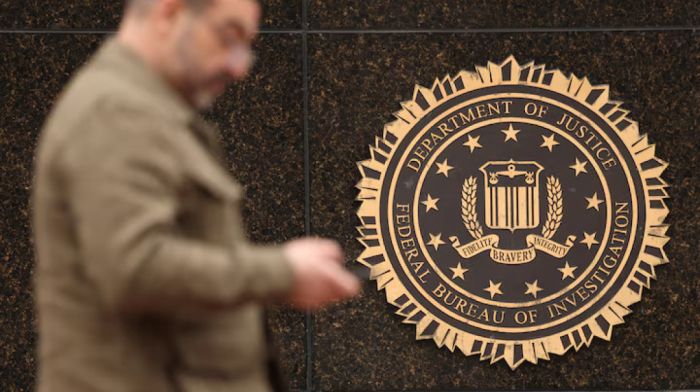
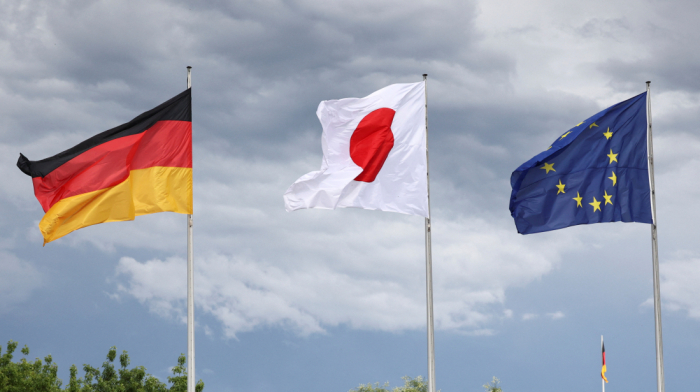

What is your opinion on this topic?
Leave the first comment